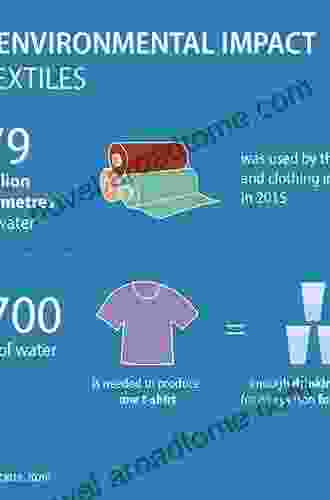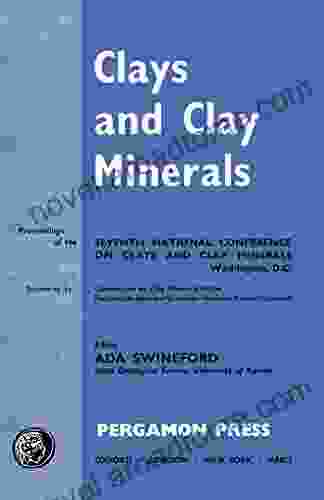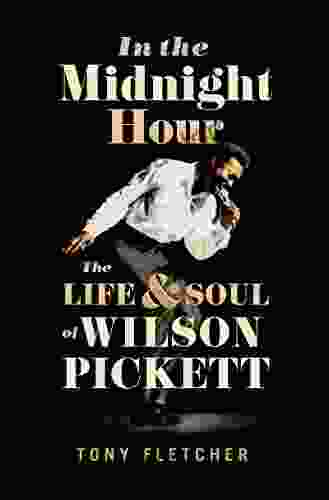Discover the Environmental Footprints of Recycled Polyester: A Comprehensive Guide for Sustainable Textiles and Clothing

In today's eco-conscious landscape, the fashion industry is facing increasing scrutiny for its environmental impact. One of the key culprits contributing to this footprint is the use of synthetic fibers, particularly polyester. Recycled polyester, however, offers a promising solution by reducing the environmental burden associated with virgin polyester production. This comprehensive article explores the environmental footprints of recycled polyester, providing insights into its sustainability benefits, challenges, and future prospects.
Environmental Impacts of Virgin Polyester Production
Polyester, a synthetic fiber widely used in textiles and clothing, is derived from non-renewable fossil fuels. The production process of virgin polyester involves highly energy-intensive processes, including oil refining, polymerization, and spinning. These processes release significant amounts of greenhouse gases, such as carbon dioxide and methane, contributing to climate change.
5 out of 5
| Language | : | English |
| File size | : | 10775 KB |
| Text-to-Speech | : | Enabled |
| Screen Reader | : | Supported |
| Enhanced typesetting | : | Enabled |
| Print length | : | 149 pages |
Furthermore, the production of virgin polyester requires large quantities of water and chemicals, leading to water pollution and hazardous waste generation. The chemicals used in polyester production can contaminate water sources, harm aquatic life, and pose health risks to humans.
Environmental Benefits of Recycled Polyester
Recycled polyester, on the other hand, offers considerable environmental benefits compared to virgin polyester. It is produced from post-consumer or industrial waste, such as plastic bottles and textile scraps, effectively diverting these materials from landfills and reducing plastic pollution.
By using recycled polyester instead of virgin polyester, manufacturers can significantly reduce their carbon footprint. The production of recycled polyester consumes less energy, emits fewer greenhouse gases, and requires less water and chemicals than virgin polyester production.
Additionally, recycled polyester contributes to resource conservation by reducing the demand for fossil fuels and the associated environmental impacts of their extraction.
Challenges in Recycled Polyester Production
Despite its environmental benefits, recycled polyester production also faces certain challenges:
1. Availability of Feedstock: The availability of high-quality feedstock (plastic waste) is crucial for sustainable recycled polyester production. Ensuring a reliable and consistent supply of clean and uncontaminated feedstock remains a challenge.
2. Color Sorting: Recycled polyester is often derived from a mixture of colored plastic waste, which requires intensive color sorting processes to produce consistent shades. These processes can be time-consuming and energy-intensive.
3. Quality Control: Recycled polyester may exhibit variations in quality compared to virgin polyester due to impurities or inconsistent feedstock. Maintaining high-quality standards while scaling up production can be a challenge.
Future Prospects for Recycled Polyester
Despite the challenges, the future prospects for recycled polyester are promising:
1. Innovations in Feedstock Preparation: Advances in technologies for feedstock preparation and sorting are expected to improve the quality and availability of recycled polyester feedstock, making it more competitive with virgin polyester.
2. Circular Economy: Increased collaboration between the textile, packaging, and recycling industries will foster a circular economy, ensuring the efficient use and recovery of recycled polyester.
3. Consumer Awareness: Growing consumer demand for sustainable and eco-conscious products will drive the adoption of recycled polyester by brands and manufacturers.
Recycled polyester offers a sustainable alternative to virgin polyester, significantly reducing the environmental footprint of the textile and clothing industry. By embracing recycled polyester, manufacturers can contribute to climate change mitigation, resource conservation, and plastic pollution reduction. While challenges exist in recycled polyester production, ongoing innovations and collaborations will pave the way for a more sustainable future for textiles and clothing.
By investing in recycled polyester, consumers can make a meaningful impact on the environment and support the transition towards a circular and sustainable fashion industry.
5 out of 5
| Language | : | English |
| File size | : | 10775 KB |
| Text-to-Speech | : | Enabled |
| Screen Reader | : | Supported |
| Enhanced typesetting | : | Enabled |
| Print length | : | 149 pages |
Do you want to contribute by writing guest posts on this blog?
Please contact us and send us a resume of previous articles that you have written.
 Book
Book Novel
Novel Page
Page Chapter
Chapter Text
Text Story
Story Genre
Genre Reader
Reader Library
Library Paperback
Paperback E-book
E-book Magazine
Magazine Newspaper
Newspaper Paragraph
Paragraph Sentence
Sentence Bookmark
Bookmark Shelf
Shelf Glossary
Glossary Bibliography
Bibliography Foreword
Foreword Preface
Preface Synopsis
Synopsis Annotation
Annotation Footnote
Footnote Manuscript
Manuscript Scroll
Scroll Codex
Codex Tome
Tome Bestseller
Bestseller Classics
Classics Library card
Library card Narrative
Narrative Biography
Biography Autobiography
Autobiography Memoir
Memoir Reference
Reference Encyclopedia
Encyclopedia Subodh Kumar
Subodh Kumar Raya Yoeli
Raya Yoeli Sue Mackey
Sue Mackey S David Young
S David Young Salvatore De Giraia
Salvatore De Giraia Robin Donovan
Robin Donovan Shannon Vallor
Shannon Vallor Rough Guides
Rough Guides Robert J Bulkley
Robert J Bulkley Robin Bloor
Robin Bloor Susan Orlean
Susan Orlean Sandro Esteves
Sandro Esteves Roy Tomizawa
Roy Tomizawa Reinaldo Perez
Reinaldo Perez Ronald Amundson
Ronald Amundson Robert E Davis
Robert E Davis W L Sorrell
W L Sorrell Richard E Albert
Richard E Albert Tj Abba
Tj Abba Trista Hendren
Trista Hendren
Light bulbAdvertise smarter! Our strategic ad space ensures maximum exposure. Reserve your spot today!
 Peter CarterFollow ·12.5k
Peter CarterFollow ·12.5k Levi PowellFollow ·17k
Levi PowellFollow ·17k Floyd PowellFollow ·15.4k
Floyd PowellFollow ·15.4k Darius CoxFollow ·2.6k
Darius CoxFollow ·2.6k José SaramagoFollow ·13.6k
José SaramagoFollow ·13.6k Drew BellFollow ·3.6k
Drew BellFollow ·3.6k Derek CookFollow ·12.3k
Derek CookFollow ·12.3k Orson Scott CardFollow ·15.9k
Orson Scott CardFollow ·15.9k

 Eli Brooks
Eli BrooksOver 700 Organic Remedies Shortcuts And Tips For The...
: Embracing the Power of...

 Carter Hayes
Carter HayesUnveiling the Unofficial Political Religion of India: A...
Embark on an...
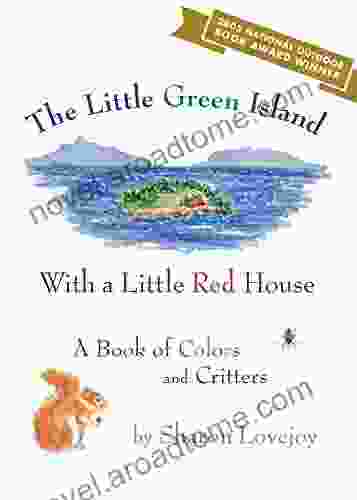
 Colin Richardson
Colin RichardsonOf Colors and Critters: A Journey Through the Animal...
In the tapestry of...
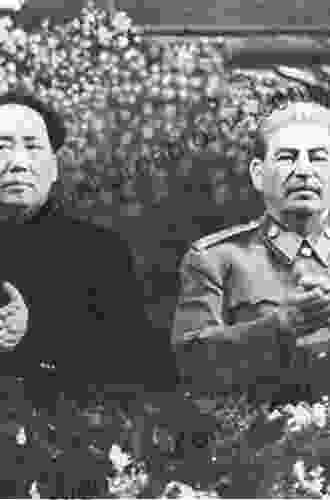
 Harry Hayes
Harry HayesUnveiling the Hidden Truths: Mao, Stalin, and the Korean...
Step into the enigmatic realm of the 20th...
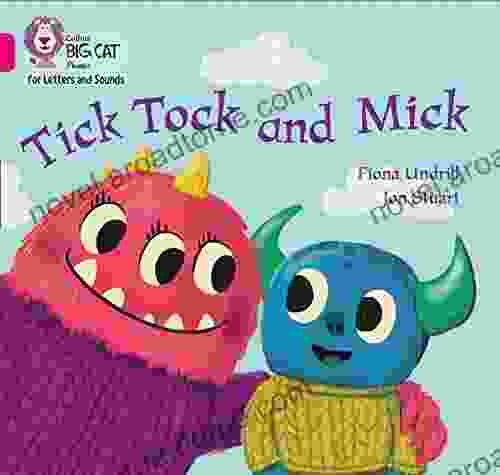
 George Bernard Shaw
George Bernard ShawBand 1b Pink: A Journey Through the World of Reading
Band 1b Pink is a...
5 out of 5
| Language | : | English |
| File size | : | 10775 KB |
| Text-to-Speech | : | Enabled |
| Screen Reader | : | Supported |
| Enhanced typesetting | : | Enabled |
| Print length | : | 149 pages |


